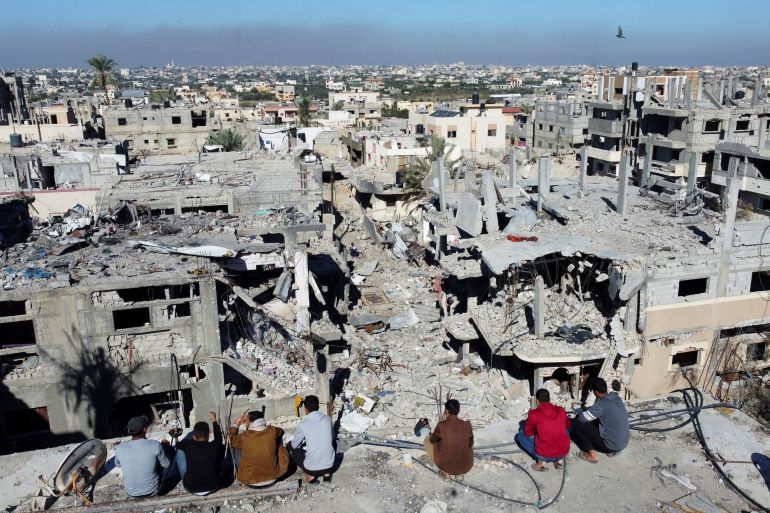The recent truce between Israel and Hamas has been extended for an unspecified period, as both sides continue delicate negotiations on the release of hostages and humanitarian aid for the Gaza Strip. The operational pause was announced just moments before the existing truce was set to expire at 05:00 GMT.
Israel’s military stated that the extension was in response to ongoing mediation efforts and the desire to continue the process of releasing hostages. The truce, which has been in effect for a week, has brought a temporary halt to the conflict that began on October 7 when Hamas militants crossed into Israel, resulting in significant casualties on both sides.
While the details of the extended truce remain unclear, there is an agreement to continue negotiations for the release of hostages. Qatar, leading the truce talks, confirmed the extension until Friday. The truce allows for additional extensions if Hamas releases ten hostages per day. The group has expressed its willingness to prolong the pause by four days.
The extension comes amid high-pressure discussions, with US Secretary of State Antony Blinken arriving in Israel to engage in talks. The truce has created a space for diplomatic efforts to address the immediate humanitarian crisis and work towards a more sustainable resolution to the longstanding conflict.
The agreement has already led to the release of numerous hostages, with 70 Israeli captives freed in exchange for 210 Palestinian prisoners since the truce began on November 24. While the truce has brought relief to some families, the situation remains complex, with reports of rejected offers for additional releases just before the truce extension.
The ongoing truce negotiations underscore the fragile nature of the current calm, with both sides expressing readiness to return to fighting if an agreement is not renewed. The International Committee of the Red Cross has played a crucial role in facilitating the release of hostages, emphasizing the humanitarian dimension of the conflict.
As the truce continues, attention turns to the broader implications for the region. The UN Secretary-General, Antonio Guterres, has called for a “true humanitarian cease-fire,” highlighting the catastrophic conditions in Gaza and the urgent need for sustained international efforts to address the crisis.
China, represented by Foreign Minister Wang Yi at the UN Security Council talks, has urged an immediate “sustained humanitarian truce,” emphasizing the importance of stability in the region. The truce extension provides a window of opportunity for diplomatic initiatives, but the road ahead remains challenging, requiring sustained international engagement to address the root causes of the conflict and achieve a lasting peace.
















